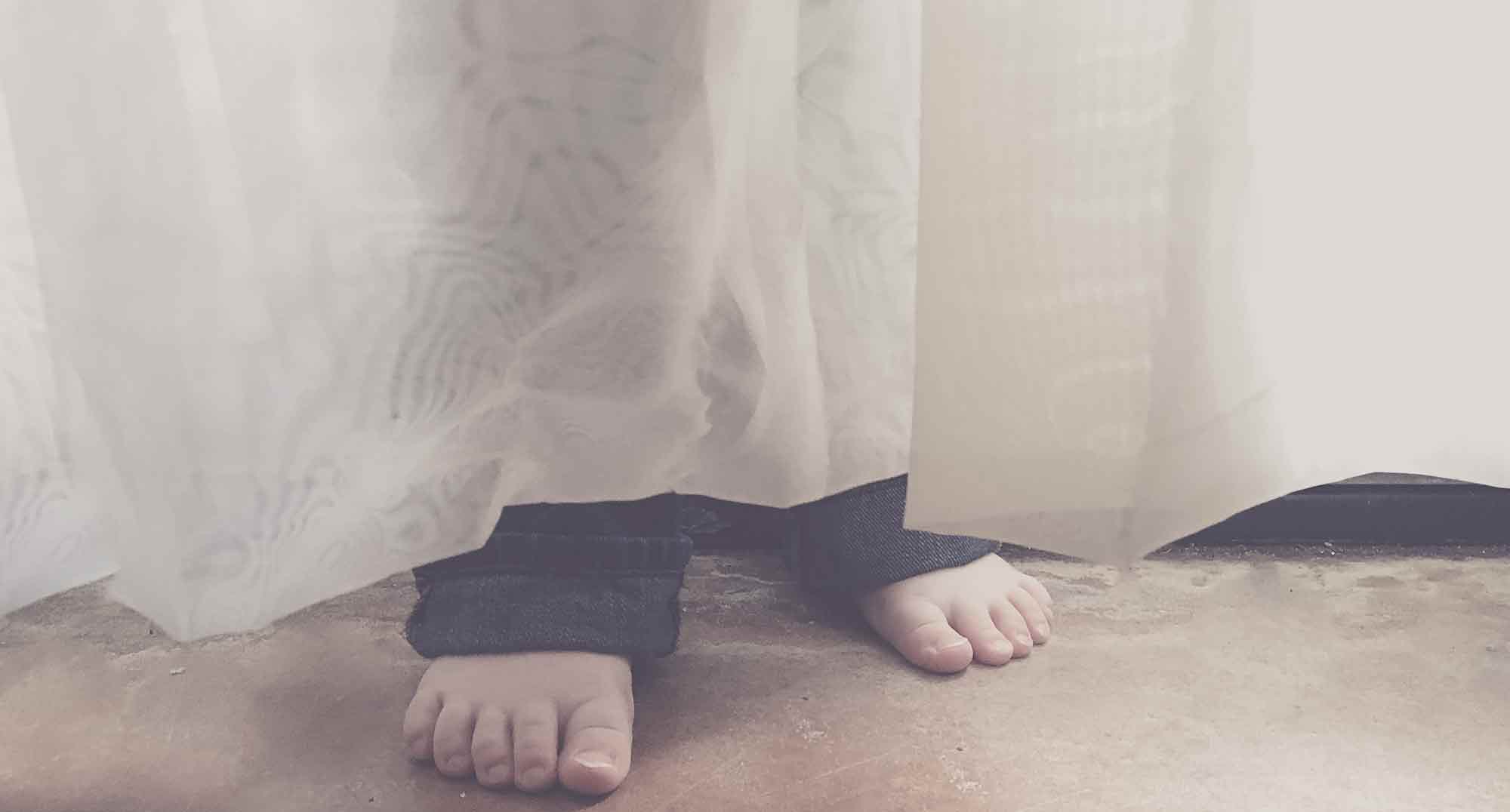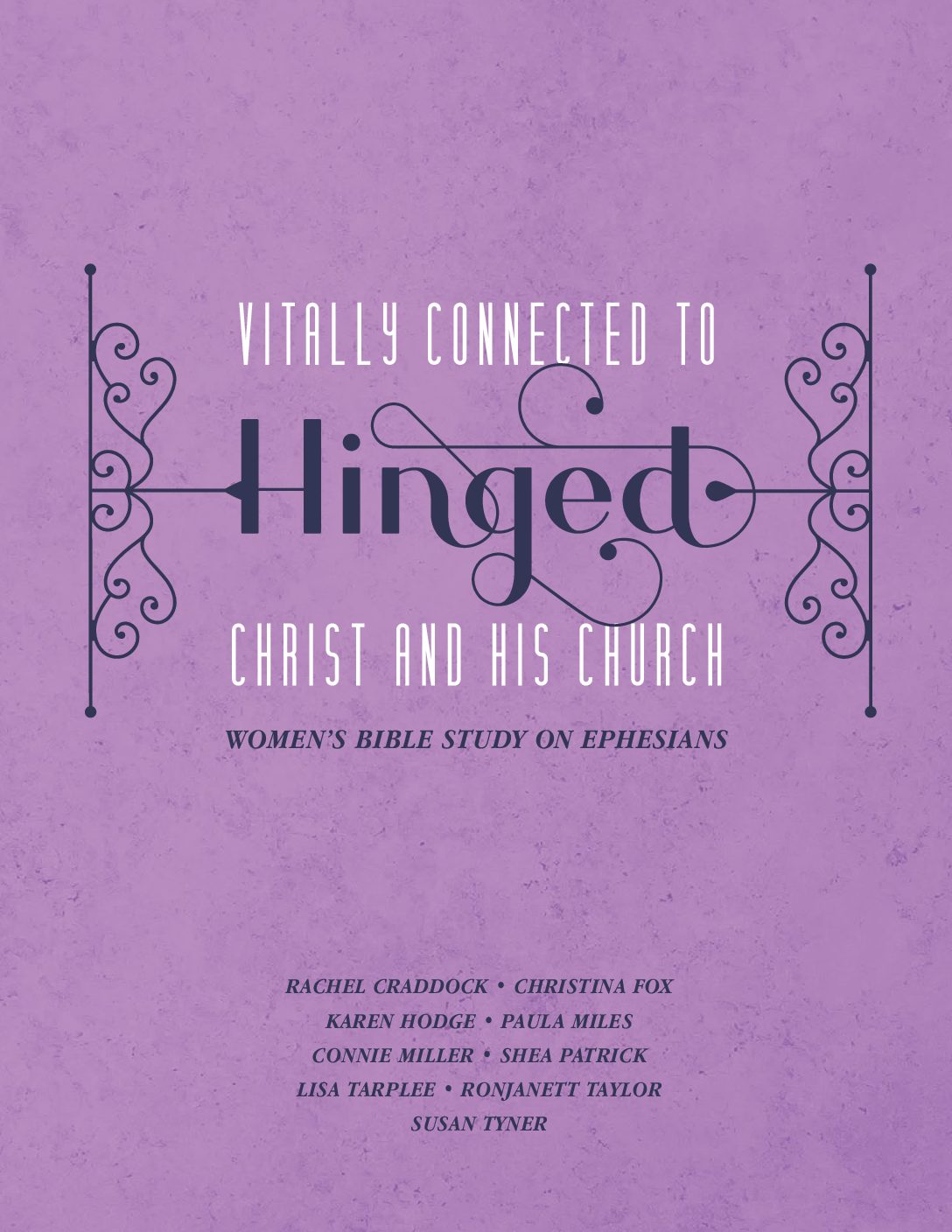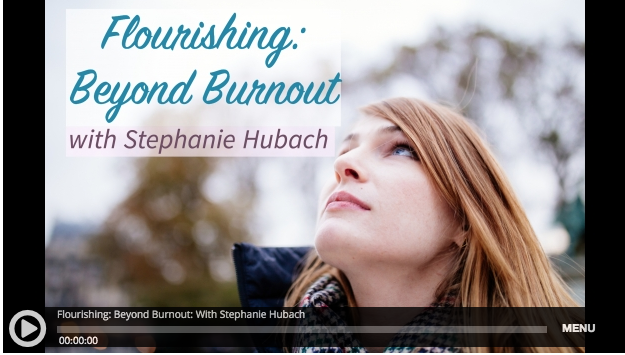Bible Study: Why You Should Try Again {and again}
The holidays, for good or bad, are over. And once again you’re facing a new year. It’s full of new possibilities, new opportunities, blank pages, unwritten stories. It feels like a chance for a do-over, something many of us would gladly take when it comes to Bible reading. Because if we’re honest, we’re not so great at it. You may have made resolutions in the past, maybe multiple years. You may have even found a partner and decided that accountability would make a difference. You got a great start, found a rhythm, and enjoyed it. And somewhere in Leviticus, or near the end of February, you stopped. Life got busy. The baby started waking up again. Work became more stressful. You got bored. What does this mean about you? It means you’re human. On Habits and Restarts Though we may put it in a different category because of the power it holds, reading the bible is like other human activities, which means that at some point, we’ll fail. Unfortunately many of us have assigned this failure to keep a good habit or be consistent in a spiritual discipline a significance it doesn’t deserve. We’ve decided it means we don’t love Jesus, or that we’re a lesser-than disciple, or that we’re just not good at reading the Bible. Here’s what it really means: Life got busy. We are embodied souls. And embodied souls live with stress and changing circumstances, restarts and do-overs. And the restarts are just as important as the first starts...










